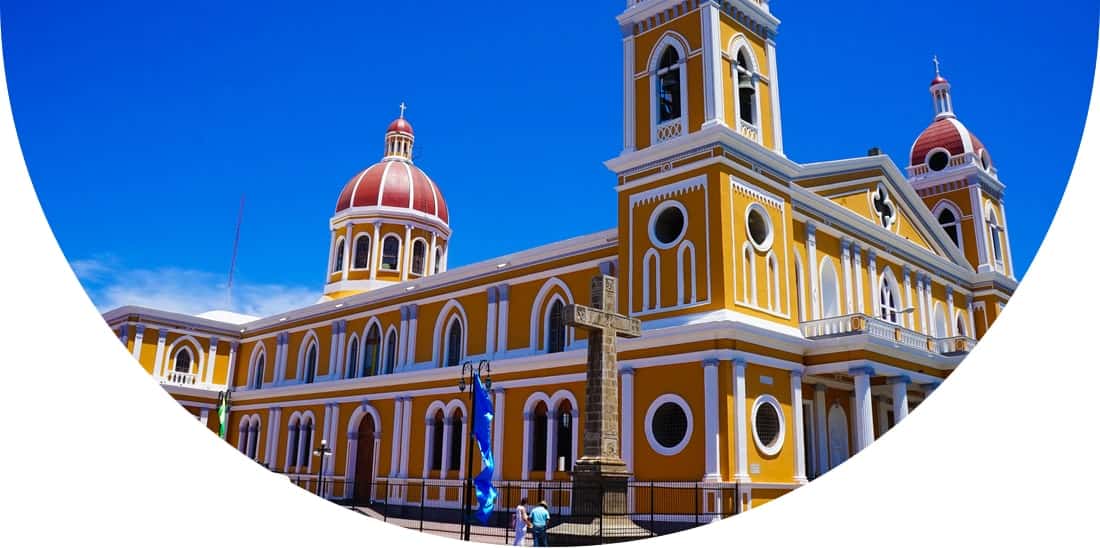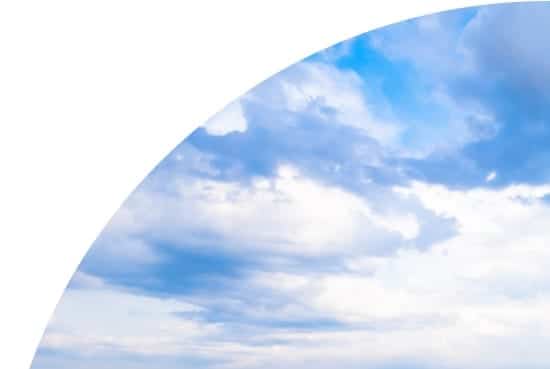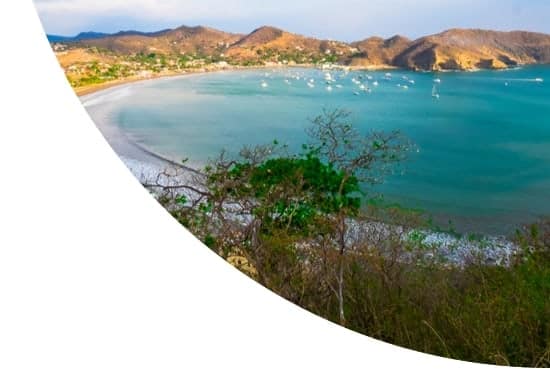West Nile virus (WNV) is spread by mosquitoes in many countries. There are usually no symptoms, although some people develop mild flu-like symptoms, nausea and skin rash. The virus is not contagious and should get better without any treatment.


Travel Vaccinations for Nicaragua
Recommended Vaccines for Nicaragua
The level of protection needed depends on your medical history and travel itinerary. Book now to get a personalised recommendation from our specialist travel nurses. The consultation costs £20 plus any vaccines you decide to take.
Flexible appointments with no upfront payment
Book Now
Destination Information for Nicaragua
Nicaragua, with its dual coastlines with the Pacific Ocean and the Caribbean Sea, is a Central American destination with a Spanish colonial history and a dramatic landscape of lakes, volcanoes and beaches galore. It is the largest country of Central America, and home to the largest freshwater body, Lake Nicaragua to the South of the country close to the border with Costa Rica. Around a quarter of Nicaragua’s population is based in the capital city, Managua, which is situated by the shores of Lake Managua, making for an impressive view.
Tourism in Nicaragua increases each year and the country is growing in its reputation as an ecotourism destination. With world-class beaches, excellent nightlife in the colonial towns and cities and good quality accommodation, many travellers are choosing to make Nicaragua their focus for Central American exploration. It is also the safest and one of the cheapest countries in this region of the world.
From reefs to rainforests, volcanoes to lakes, Nicaragua is a paradise for adrenaline-junkies, and you can try your hand at everything from biking and kayaking to ziplining. There’s plenty of opportunity for relaxation too, with swimming and sunbathing on the country’s beautiful beaches. High season is December – April, and you will experience higher prices, but it’s worth it for the promise of better weather.
Infections and Outbreaks frequently change from country to country and by attending our clinics you will be given the most up to date clinical and safety advice from our team of specialists. Our advice to you often includes aspects such as:
- Food and water hygiene
- Insect and animal bite avoidances
- Personal safety
- Sexually transmitted infections
- Sun protection
- Altitude sickness
Malaria and regions within country:
There is a variable risk of P.Vivax malaria in the northern half of the country, including the areas of Bluefields, Puerto Cabezas, Leon and Ocotel. The remaining part of the country including Managua, Ometepe, Granada and San Carlos is in the low risk zone, where anti-malarial medication is generally not recommended.



